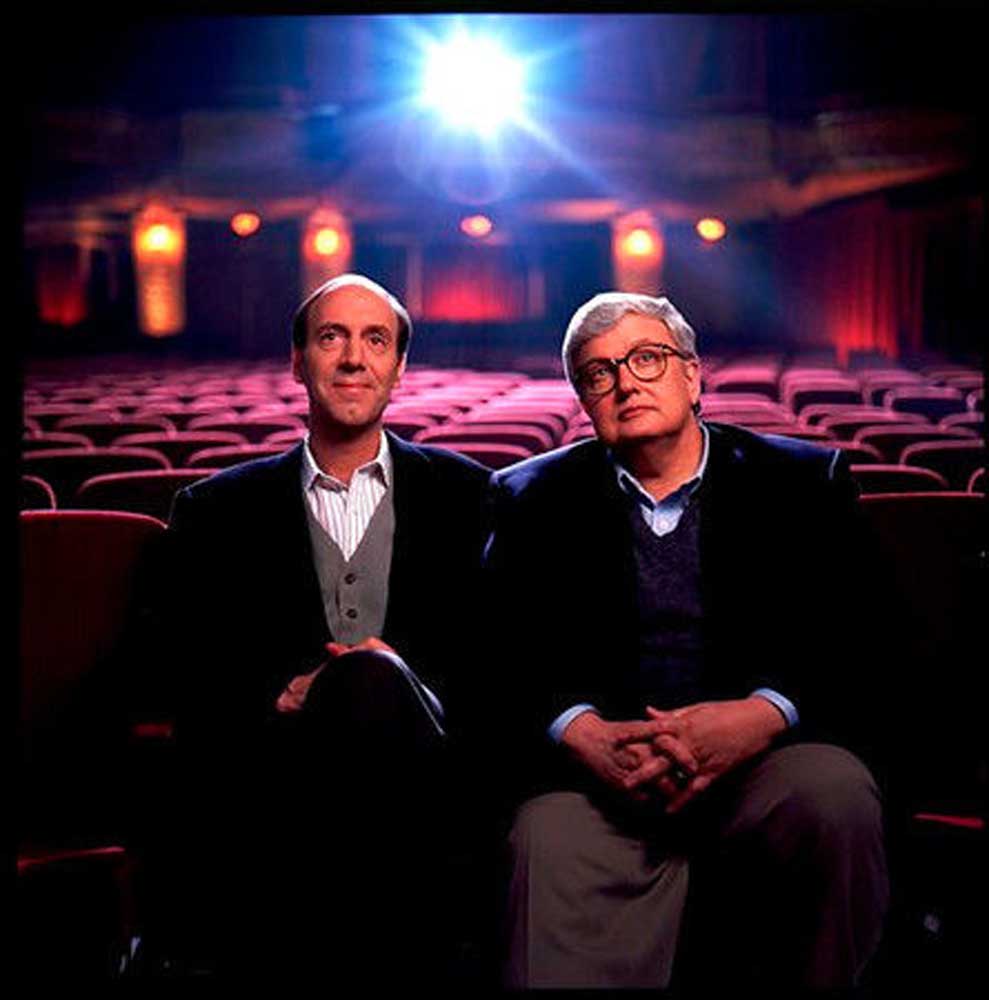Tyler Paper critic reflects on Roger Ebert’s influence
Published 9:42 am Friday, April 5, 2013

- FILE - This undated file photo originally released by Disney-ABC Domestic Television, shows movie critics Roger Ebert, right, and Gene Siskel. The Chicago Sun-Times is reporting that its film critic Roger Ebert died on Thursday, April 4, 2013. He was 70. Ebert and Siskel, who died in 1999, trademarked the "two thumbs up" phrase. (AP Photo/Disney-ABC Domestic Television)
The world of film criticism has lost a titan. Roger Ebert is dead.
I don’t know if it’s possible to overstate just how important Roger Ebert was. If you are or have at any time over the past couple of decades been a film critic, you owe much of what you do, in some way, to the work of one of the greatest writers and critics of our time.
That may sound like hyperbole, but I assure you it is not.
There have been many great critics for as long as there has been great cinema.
Writers such as Andrew Sarris and Pauline Kael elevated the form to something truly remarkable, providing insight and observations in ways few ever have before or since.
But what sets Ebert apart from those was his accessibility, a quality that was never exercised at the expense of thoughtfulness and intelligence.
I can’t say that his writing style was ever much of an influence personally, but the way he approached criticism undoubtedly was. I haven’t always been a voracious devourer of cinema, but for as long as I have, I’ve been reading the reviews of Roger Ebert. His work is synonymous with the practice of criticism, and I simply cannot imagine being who I am and doing what I do without his influence.
Working as a critic for the Chicago Sun-Times, Ebert introduced a whole new generation to the realm of thinking and writing about film in a way that no one had quite done before. This was only widened once he took to the airwaves as co-host of “At the Movies” with fellow Chicago film critic, Gene Siskel, and essentially changed the language of how we discuss film. Would we use the phrase “Two thumbs up!” in nearly the same manner were it not for Ebert (and Siskel)? Almost certainly not.
Ebert showed that it was OK to indulge in your passions, so long as you did it intelligently and with elegance and eloquence. Nothing is beyond being excited about, so long as you keep the dialogue open and be ready to both defend your passion but also consider an alternative point of view.
Which might be the most important lesson the man ever taught me through his work: Keep an open mind.
Ebert loved film, obviously, but he loved all film. It didn’t matter if it contained talking, animated animals, had a masked monster killing teenagers or was the latest French art house piece. If there was something worth loving and worth talking about in a film, he loved it and he talked about it. He took each film on its own terms and attempted to give it a fair shake, no matter the subject. The most lasting maxim that he always spoke, and that I have tried to carry with me every time I sit in a theater or at the keyboard to write, is that it doesn’t matter what a film is about, but how it is about it that is important.
That sort of thinking and perspective is invaluable, and it’s why Ebert was so essential to the way we watch and talk about films these days.
What is perhaps most beautiful and inspiring about Ebert is that he leaves behind not just a great legacy of thoughtful criticism, but of writing in general.
After being struck by cancer and losing a large portion of his lower jaw — when most might have thrown in the towel — Ebert seemed energized, determined to soldier onward and be an even more fervent and passionate writer. He took to his blog and produced some of the best, most eloquent posts on any number of topics. But more than that, he encouraged and fostered debate among his readers. His post about evolution versus Creationism has some of the most thoughtful, reasoned and civil discourse on the topic that I have ever seen.
And that might be the most vital thing the man ever imparted: Always keep an open mind. Always look to reinforce what you know with reason and intelligence, but always consider what someone else with another point of view might have to say.
I, and all of us who love art and especially film, will forever be indebted to you, Mr. Ebert. See you at the movies.






